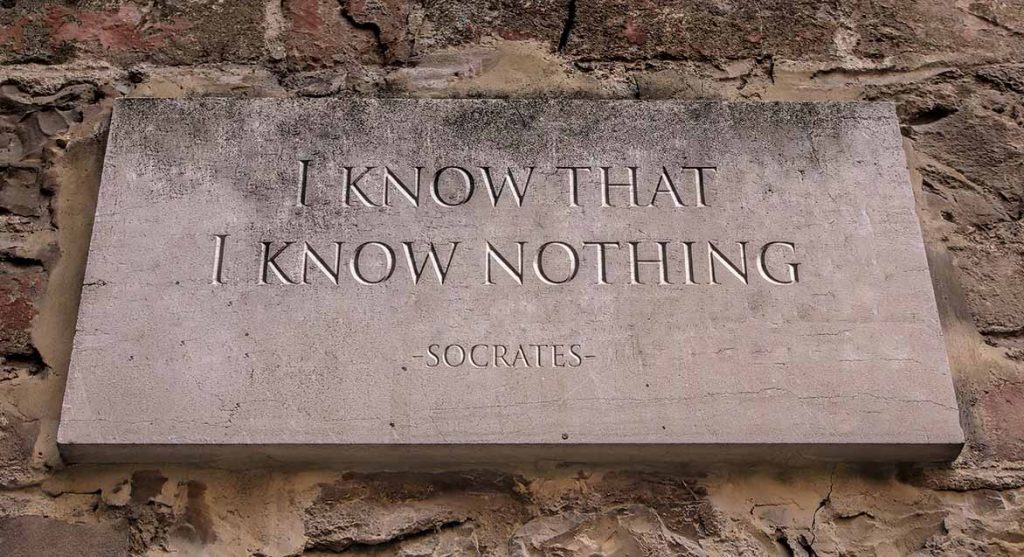It is with great pleasure to introduce you to Helen Sword as guest speaker here today at the Copywriting in Action Live-On-Line School. The first time I read her article, Stylish Academic Writing [The Conversation; July 2012]¹ I promptly shared it with all my copywriting, editing and clear writing students, and I have been doing […]
19 February 2019 Dear Reader This is the first line of your first paragraph. It should state the purpose of your letter or the reason for writing. Warning: this might be the only paragraph that gets read. Be brief, clear and avoid superfluous words. Write, edit and rewrite until you […]
Until my recent conversation with Mary Wear, I always associated writing with music. When the beats and rhythms of the sentences sing the story forward, I know the writing’s done — music is my measure of accomplishment. But Mary comes down from the bandstand and onto the dance floor with her audience. ‘Copywriting is “persuasion […]
‘Edit, edit, edit’. That’s Barbara’s advice to copywriters, ‘people today simply don’t have time for long copy.’ We could stop this post right here then. You’ve got the theme of it. It’s valuable advice straight from the mouth of one of British advertising’s great copywriters; the one who created classic campaigns for Volkswagen, Levi’s, Audi […]
There’s nothing Susie Henry likes more than a ‘jolly good natter’ as she puts it. Give her a garden fence and she’ll be leaning over it to spellbind us with yet another tale true and telling. Susie Henry learnt her trade from the greats, David Abbott and Bill Bernbach, living and breathing the Bernbach philosophy […]
One of the most important steps toward greatness in anything you do is to work with the greats. Get their feedback. Take their advice. And most importantly, see how they do what they do. But for most of us, such encounters of the third kind are not so possible. Last week I made this possible […]
“His copy was easier to read than to ignore, so enticing was every next sentence.” “His school of fine persuasive writing is as convincing on a tablet as it was in the tabloids.” “He had a warmth and an understanding of the better parts of the human psyche and so did not insult their [the […]

This form of inquiry is based on asking questions to activate critical thinking and to illuminate ideas. The basic form is a series of questions intended to discover the reality, truth and/or perceptions of a subject. It’s exploratory in approach. You not only nail general characteristics but also enable the ‘information gatekeeper’ to discover their own deeper understanding of the subject. Socrates was a master devil’s advocate (and sentenced to death for it in the end) which makes his method inherently adversarial — there is persistence, probing and (sometimes) courage in the act of digging deeper rather than settling for answers at face value. So you’ve got to project a genuine desire to want to know for the benefit of the one being questioned; this usually comes in the form of listening. It helps to be more like a psychotherapist than an investigative journalist.

A well prepared Communication Brief pin-points the What to Say so any copywriter can confidently proceed to ideas making. The key proposition needs to be said plain and straight. Do not be tempted by cleverness; we’re not writing the headline yet. That What To Say has to be clear, concise and insightful — like the 10-second elevator pitch, it encapsulates and captivates.

… A rationale statement is also a document advertising You. It shows that (i) you can effectively communicate your understanding of the project (ii) you have understood and met the communication strategy and (iii) you have demonstrated some depth and breadth in your communication skills.



